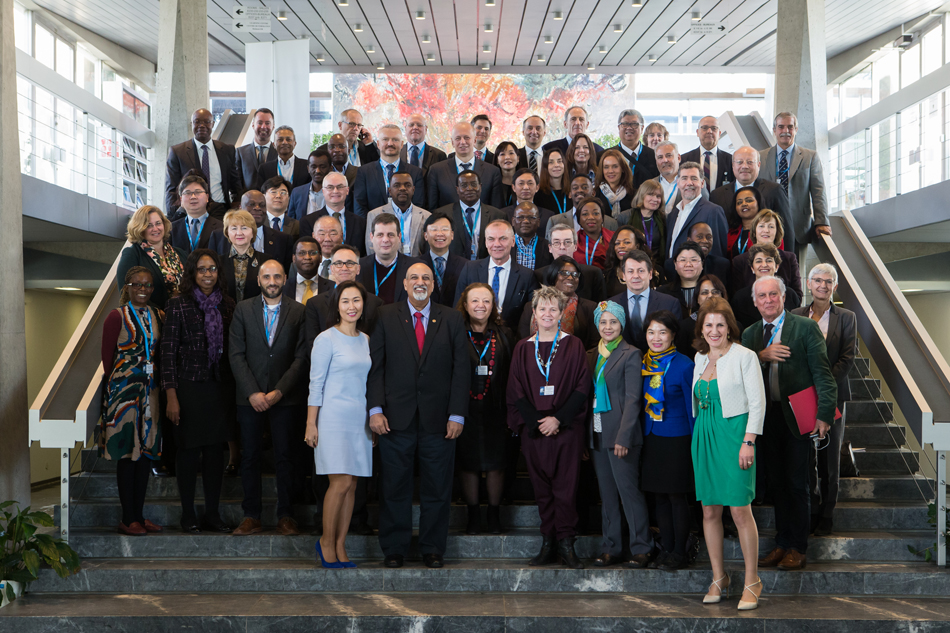March 2017 - The first meeting of the WHO Strategic and Technical Advisory Committee on HIV and Viral Hepatitis (STAC HIV-HEP) was held from 13-15 March 2017 in Geneva, Switzerland. The Committee consists of the leading experts invited by the WHO Director-General to provide state-of-the-art scientific, strategic and technical advice.
 This was the first meeting of the STAC HIV-HEP, formed by merging 2 previously separate STACs for each disease area – a milestone event in the further integration and evolution of these programmes within WHO.
This was the first meeting of the STAC HIV-HEP, formed by merging 2 previously separate STACs for each disease area – a milestone event in the further integration and evolution of these programmes within WHO.
The meeting addressed the implementation of the recently adopted global health sector strategies on HIV and viral hepatitis. It considered ways forward for WHO to accelerate and better synergize global responses to the 2 diseases within the context of a broader universal health coverage agenda. The meeting highlighted challenges within the current climate of global health and development, as well as many opportunities for improved responses.
The driving targets of the Sustainable Development Agenda are the elimination of HIV and viral hepatitis as public health threats by 2030, with more immediate targets set for 2020. In HIV, good progress has been made, particularly around treatment and testing, but the reduction in new infections needs to quadruple over the next 3 years.
In hepatitis, progress around vaccinations has contributed to a new generation free from hepatitis B; however, overall testing and treatment for both hepatitis B and C are very low. It is clear that major action is urgently required in countries to achieve the 2020 targets.
We are pleased with the advice from STAC HIV-HEP on WHO’s specific roles and actions in the next phase of the global response to both epidemics. We look forward to further improving our programme efficiency, enhancing the quality and impact of our technical guidance to countries, and widening our engagement and collaboration with countries and partners.
